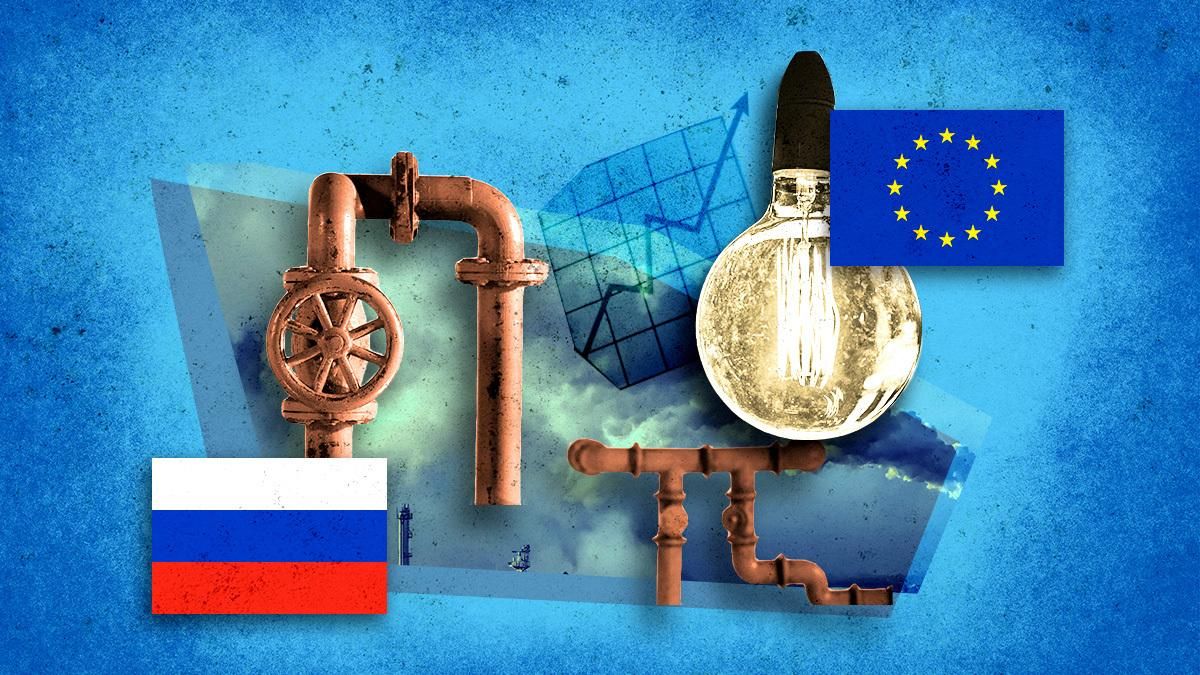Hard Numbers: EU energy tax, Lebanese bank 'hold-up,' Russian election meddling, Chile-Ecuador soccer drama
140 billion: The EU hopes to raise 140 billion euros with its proposed windfall tax on energy companies that don’t burn natural gas but have made a killing from sky-high electricity costs driven by gas. Brussels would use the money to pay for consumer subsidies such as an EU-wide price cap on gas. The bloc has notably not followed through on talk of capping Russian gas prices.
13,000: Fed up with government limits on cash withdrawals, a Lebanese woman “armed” with a toy gun stormed into a bank on Wednesday, taking $13,000 from her savings account to pay for her sister's cancer treatment. She has become a social media star for pushing back against the privations ordinary Lebanese face while politicians fail to agree on an IMF deal to revive the country's battered economy.
300 million: The US State Department says Russia has doled out at least $300 million to elected officials and political parties to meddle in elections in more than 20 countries since 2014. It alleges that the Kremlin pays in cash or crypto, uses cutouts like shell companies to hide the origin of the donations, and, in one case, paid out millions to an Asian presidential candidate.
8: On Thursday, global soccer governing body FIFA will rule on Chile’s final appeal to replace Ecuador in this year’s Qatar World Cup because it turns out right-back Byron Castillo — who played eight out of Ecuador's 18 qualifying matches — is actually ... Colombian. This could get political because soccer is a very big deal in Latin America: in 1969, it triggered a brief war between El Salvador and Honduras.